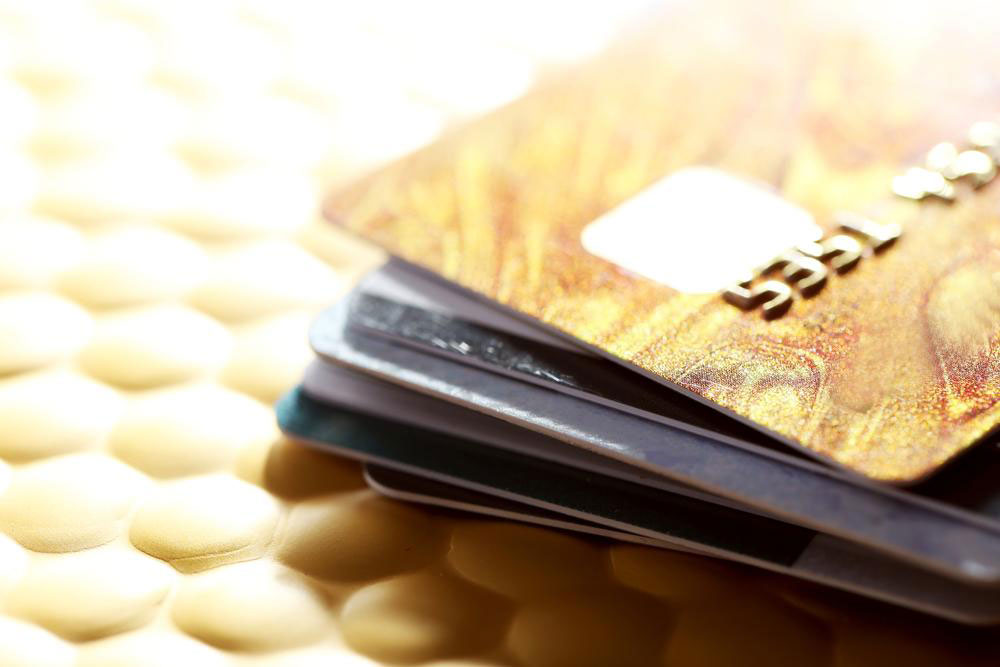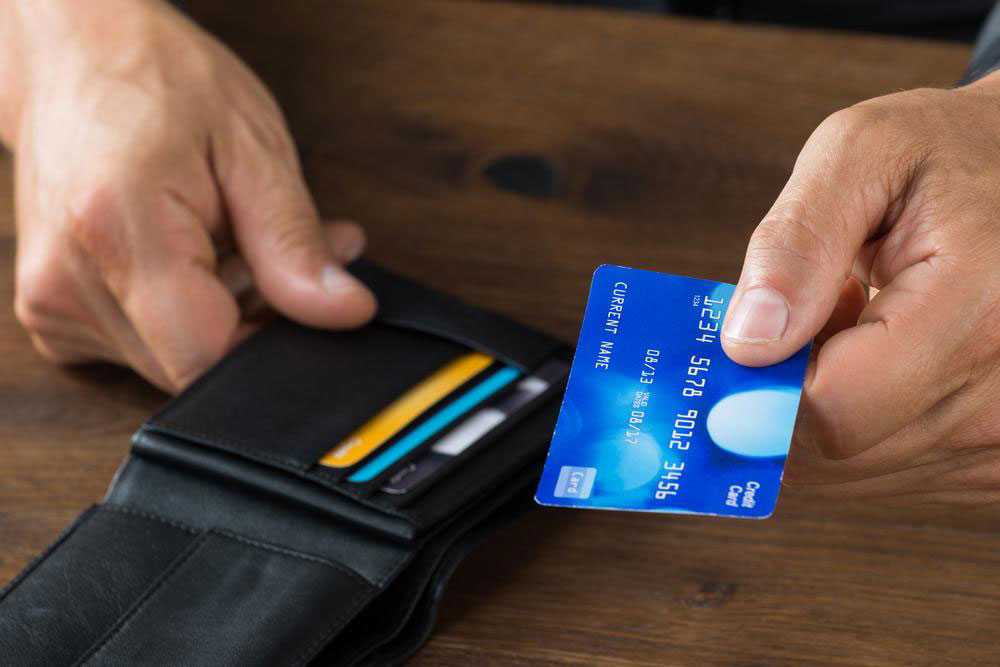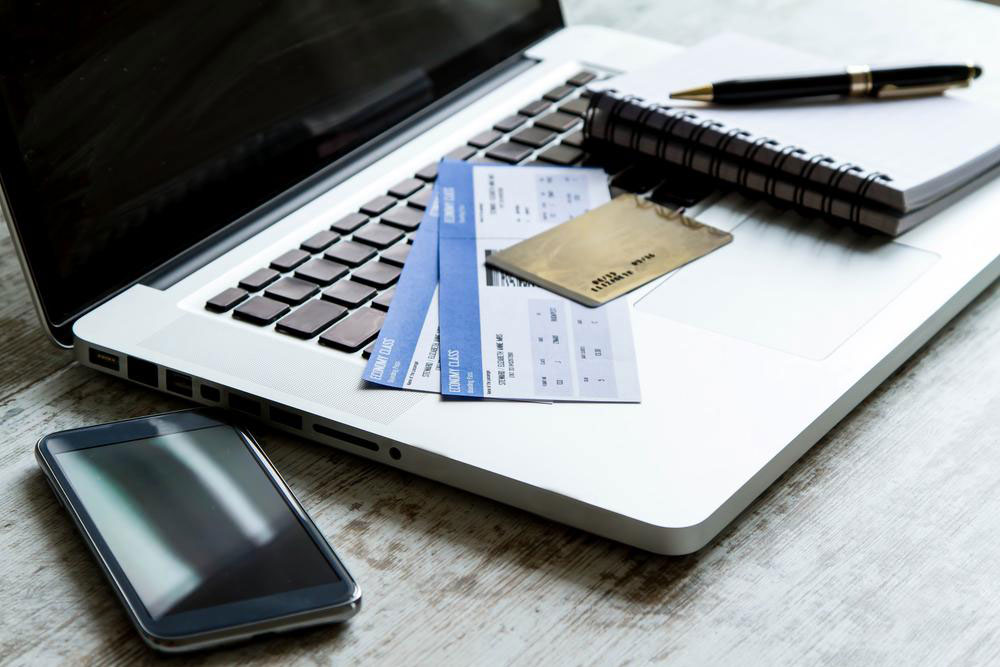When to Avoid Using Your Credit Card to Maintain Financial Health
Understanding when to avoid using your credit card is essential for maintaining financial health. This comprehensive guide highlights key situations like unpaid bills, exceeding credit limits, and poor financial discipline where refraining from credit card use can prevent debt accumulation, high-interest charges, and credit score damage. Learn practical tips to manage your personal finances responsibly and avoid common pitfalls that lead to financial strain.

Understanding the Situations Where Avoiding Your Credit Card Is the Best Choice
Credit cards have revolutionized the way we make payments, offering unmatched convenience and flexibility for both everyday purchases and significant expenditures. They enable consumers to access short-term credit, build credit histories, and often enjoy rewards and promotional offers. However, despite these benefits, misuse or inappropriate use in certain situations can lead to serious financial consequences. Therefore, understanding when it's best to avoid using your credit card is crucial for maintaining financial stability and preventing debt accumulation.
Using a credit card irresponsibly—such as impulsive spending beyond your means, or relying on it during financial hardship—can quickly turn into a financial trap. There are specific scenarios where abstaining from credit card use is not just advisable but necessary to avoid damaging your creditworthiness, racking up debt, or incurring high-interest charges.
Financial experts strongly recommend exercising caution and knowing when to refrain from using your credit card. Recognizing these situations can help you make smarter financial choices and stay on track toward your financial goals.
One of the most common mistakes many people make is relying on their credit card when they are unable to pay their bills in full. While credit cards provide short-term relief, overuse without proper planning can turn manageable debt into overwhelming financial burdens. Attempting to cover living expenses or bills with credit can escalate into escalating interest charges, late fees, and a worsening financial situation.
If your monthly income is insufficient to cover your debts or lifestyle expenses, relying on credit cards can deepen your financial struggles. High-interest rates associated with unpaid balances significantly increase the total amount owed over time, creating a debt cycle that's difficult to escape. Instead, developing a realistic budget and seeking alternative financial support methods, such as savings or financial counseling, is advisable.
Another critical instance where avoiding credit card use is paramount is when you find yourself unable to pay your entire credit card balance at the end of each billing cycle. Carrying a balance and only making minimum payments can lead to the accrual of substantial interest, which compounds the amount owed. This not only prolongs debt repayment but also significantly increases the total cost of your purchases.
For individuals with poor discipline over spending, utilizing cash or debit cards might be a safer choice. Debit cards limit spending to your available funds, helping prevent overspending and reducing the temptation to accumulate unnecessary debt.
Furthermore, exceeding your credit limit can have serious repercussions. Charging beyond the approved limit often results in hefty over-limit fees—sometimes even surpassing the value of the current purchase—adding unexpected costs to your expenses. Over time, this can negatively impact your credit score, making it harder to qualify for future credit or loans, and can damage your credibility with lenders.
Responsible credit card use involves maintaining discipline, monitoring your spending, and paying balances in full whenever possible. However, if you lack the self-control necessary to manage credit wisely, avoiding credit cards altogether might be the best approach to prevent financial strain and ensure a healthy credit profile.
Credit card use
Financial management
Debt prevention
Interest charges





